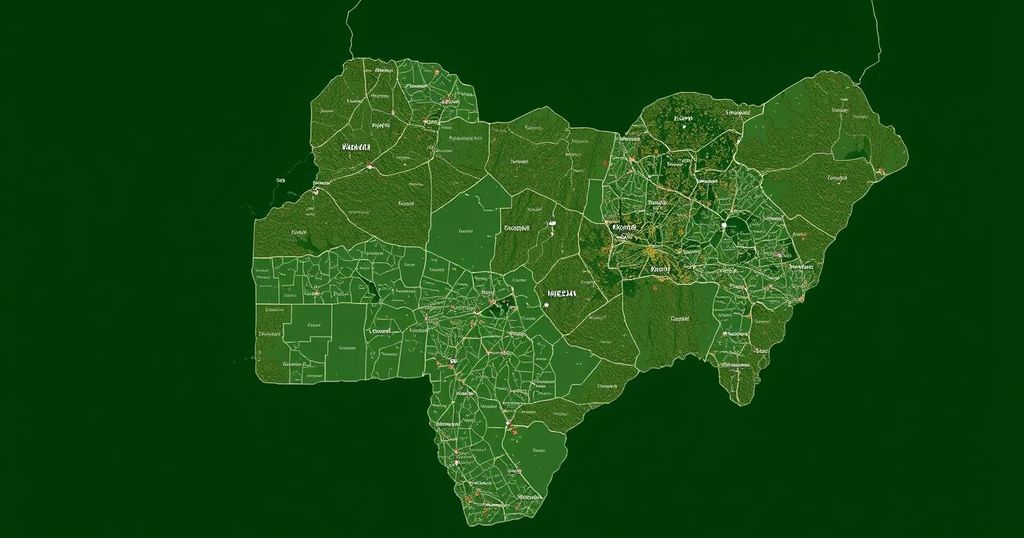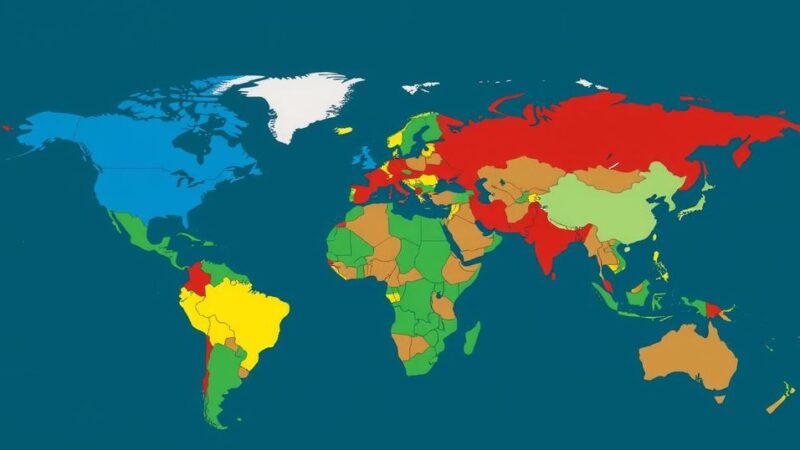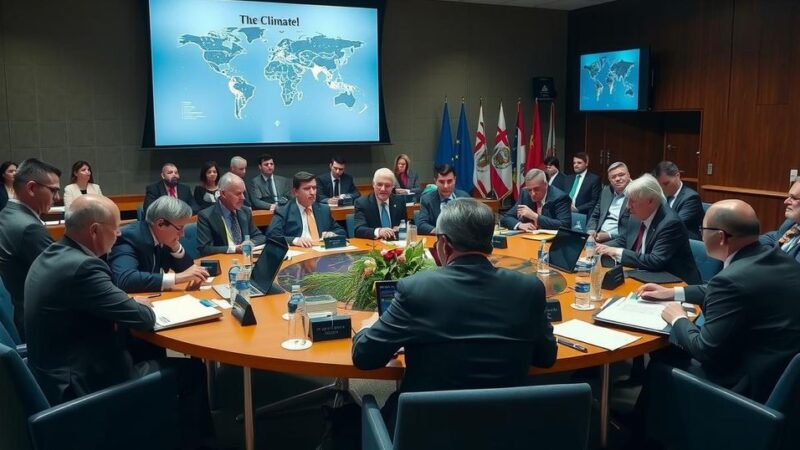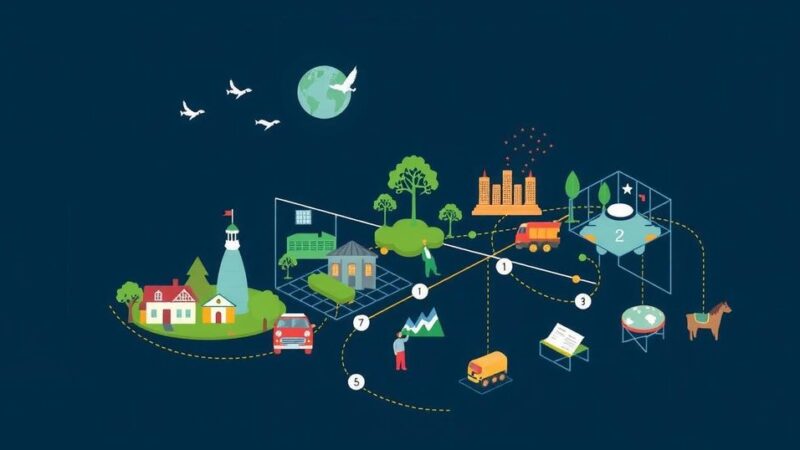Climate change and armed conflict in northeastern Nigeria have led to a significant increase in severe malnutrition cases, particularly among young children. The ICRC reports a 24 percent rise in malnutrition in the Lake Chad region amid escalating violence and environmental challenges. Over six million individuals are projected to face food shortages soon as access to farming lands diminishes.
The intersection of climate change and ongoing conflict in northeastern Nigeria has significantly exacerbated the malnutrition crisis affecting the region. The International Committee of the Red Cross (ICRC) has reported a concerning rise in cases of severe malnutrition, particularly among young children, in the Lake Chad area. Recent data indicates a staggering 24 percent increase in malnutrition cases among young ones compared to the previous year. Rabiatu Jubrilla shares a poignant account of her son’s struggle with malnutrition after she had to stop breastfeeding him at one year and nine months due to insufficient food. In her words, “He was healthy when I delivered him, but… he began to lose weight.” The ongoing armed conflict is a principal factor contributing to this food crisis, resulting in widespread displacement, destruction of livelihoods, and restricted access to agricultural land. As articulated by Paul Ezra, a farmer in Adamawa State, many have been unable to farm due to security threats. He stated, “We don’t have enough farmland. Before, we used to go out in the fields to farm. But now, Boko Haram and other armed groups have taken over the bush.” This conflict has intensified this year, reflecting a broader trend of increasing food insecurity. The ICRC’s Nigeria Head of Delegation, Yann Bonzon, noted that there has been a 58 percent spike in violence within the Lake Chad region during the first half of 2024, correlating with a rise in food scarcity among vulnerable populations. The area’s reliance on subsistence farming has further exacerbated its vulnerability to climate-related challenges, such as erratic rainfall. This year has witnessed heavy flooding which destroyed crops and dashed hopes for a bountiful harvest, resulting in dire consequences. Abubakar Bello Duhu, another affected farmer, relayed, “We have people who fainted and are at the hospital. Others have died because there is not enough to eat.” The ICRC estimates that over six million individuals in the Lake Chad region are projected to face food shortages in the upcoming months due to the compounded effects of violent conflict and climate change.
The Lake Chad region has long been plagued by the dual challenges of climate change and conflict. In recent years, climate change has resulted in fluctuating weather patterns, including irregular rainfall and increased flooding, which dramatically affects food production. Concurrently, the violent armed conflict led by groups such as Boko Haram has displaced thousands, destroyed local economies, and confined communities, rendering them incapable of tending to their agricultural lands. This convergence of factors has escalated the malnutrition crisis, necessitating urgent attention from humanitarian organizations.
In conclusion, the crisis of malnutrition in northeastern Nigeria serves as a tragic emblem of the intertwined challenges posed by climate change and conflict. As reported by the ICRC, the alarming rise in malnutrition cases, particularly among children, sheds light on the urgent need for humanitarian intervention to address the rising food insecurity driven by both environmental and social turmoil. Without decisive action, the impact of these crises will continue to reverberate across the Lake Chad region.
Original Source: www.africanews.com






